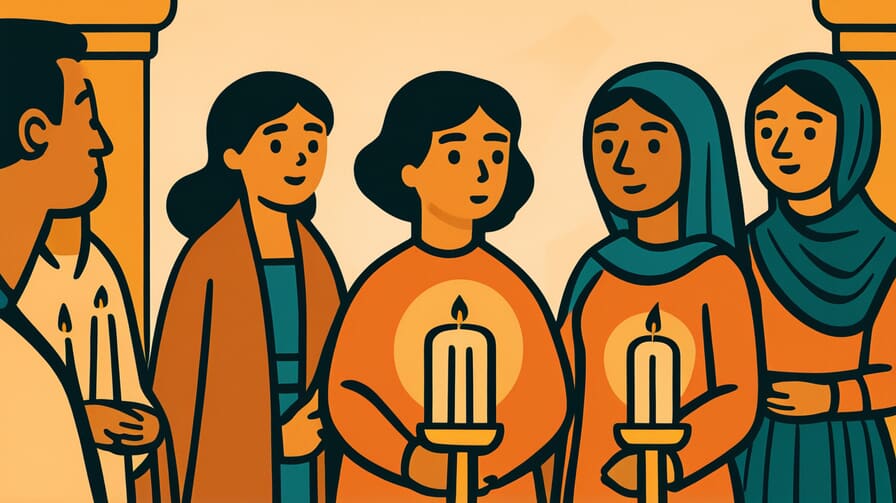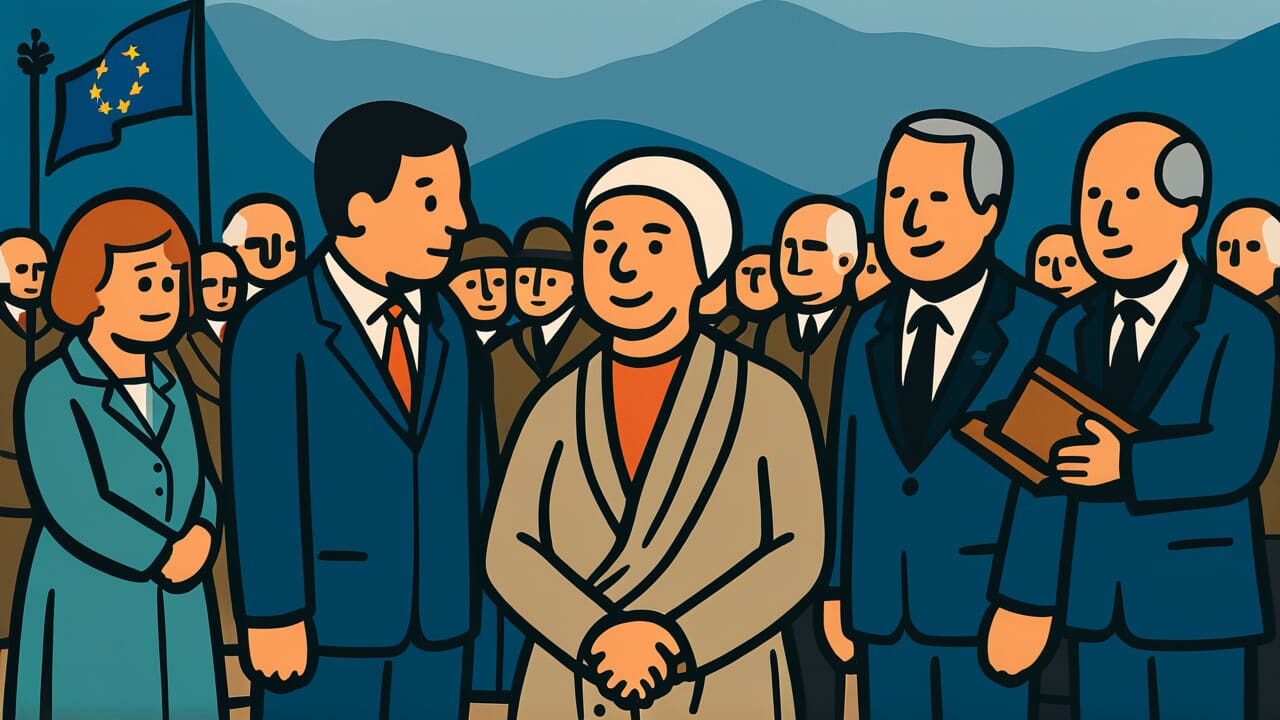[Disclaimer] This article is reconstructed based on information from external sources. Please verify the original source before referring to this content.
News Summary
The following content was published online. A translated summary is presented below. See the source for details.
European Union leaders honored victims of the Roma Holocaust on August 2, 2025, marking Roma Holocaust Memorial Day. European Commission President Ursula von der Leyen and Executive Vice-President Roxana Mînzatu issued a joint statement ahead of the memorial day. They emphasized the importance of remembering the genocide of Roma people during World War II and called for continued efforts to combat discrimination and promote inclusion of Roma communities across Europe. The leaders highlighted the EU’s commitment to fighting antigypsyism and implementing the EU Roma Strategic Framework. They stressed the need for education about Roma history and culture to prevent future atrocities and build a more inclusive society.
Source: European Commission Press Corner
Our Commentary
Background and Context

The Roma Holocaust, also known as the Porajmos, was the genocide of European Roma people by Nazi Germany and its collaborators during World War II. An estimated 500,000 to 1,500,000 Roma were killed during this period. The Roma people, often referred to as Gypsies, have faced centuries of discrimination and marginalization across Europe. The EU Roma Strategic Framework is a policy initiative aimed at promoting equality, inclusion, and participation of Roma communities in European society.
Expert Analysis
This commemoration reflects the EU’s ongoing efforts to address historical injustices and combat present-day discrimination against Roma people. By acknowledging this dark chapter of European history, EU leaders aim to raise awareness and promote social inclusion.
Key points:
- The statement reinforces the EU’s commitment to fighting antigypsyism and promoting Roma inclusion.
- Emphasizing education about Roma history and culture is crucial for preventing future discrimination.
- The commemoration aligns with broader EU initiatives to protect minority rights and promote diversity.
Additional Data and Fact Reinforcement
To understand the current situation of Roma in Europe, consider these facts:
- Approximately 10-12 million Roma live in Europe, making them the largest ethnic minority in the region.
- According to the EU Agency for Fundamental Rights, 80% of Roma are at risk of poverty, compared to an EU average of 16.9%.
- Only 43% of Roma children complete secondary education, significantly lower than the general population.
Related News
This commemoration comes amid ongoing discussions about minority rights and historical reconciliation in Europe. It relates to broader conversations about addressing colonial legacies, combating rising far-right ideologies, and promoting inclusive policies across the EU.
Summary

The EU’s commemoration of Roma Holocaust victims demonstrates its commitment to addressing historical injustices and promoting inclusion. However, significant challenges remain in fully integrating Roma communities and combating persistent discrimination. Continued efforts in education, policy implementation, and social awareness are crucial for achieving lasting change.


